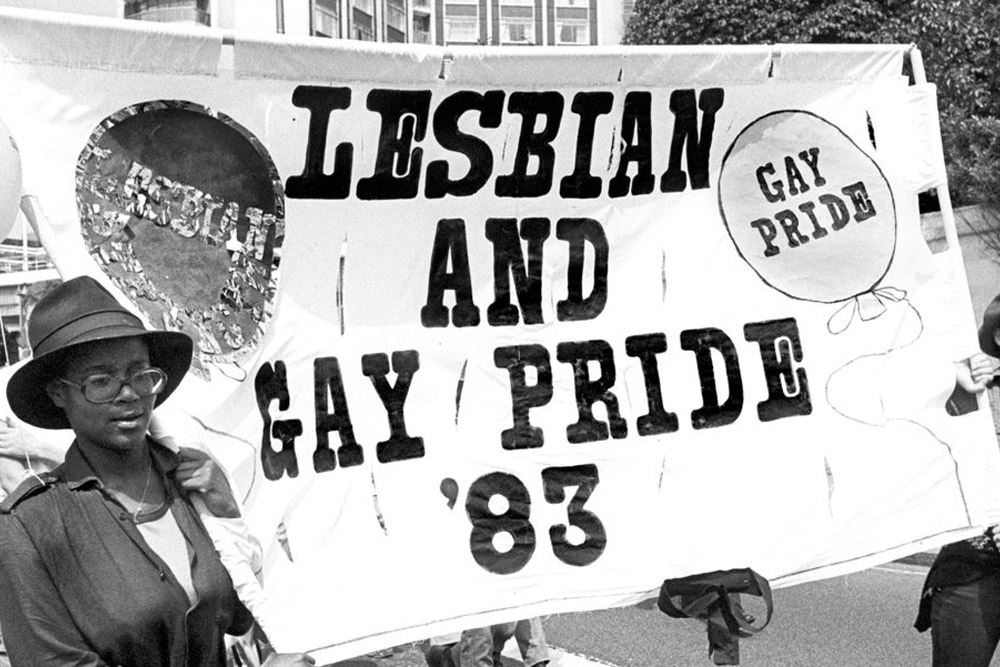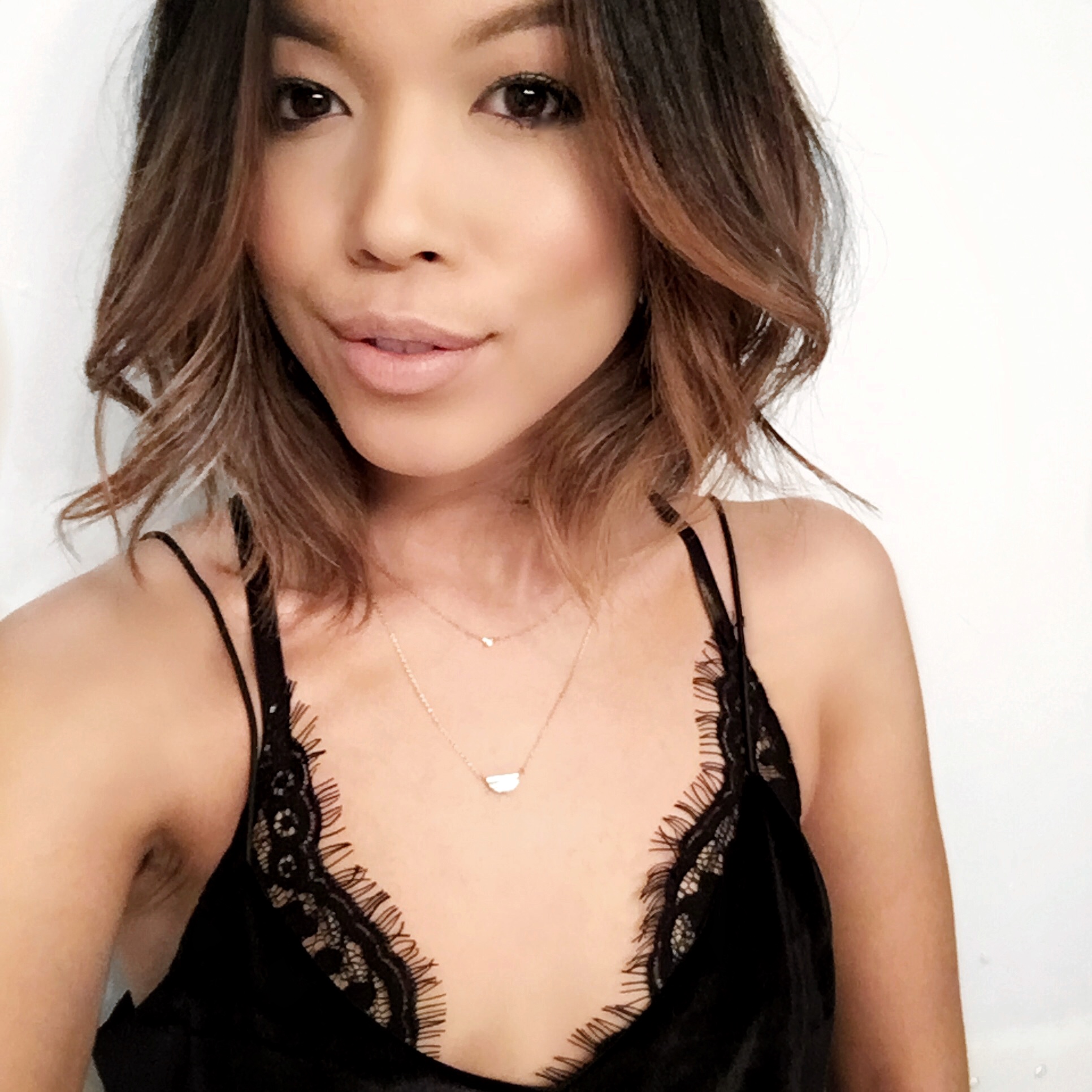If there is one common concept to be gleaned from the history books — every catastrophic event, triumph in true change, and all that lies in between — it’s that education begets progress. As we’ve experienced time and time again, ignorance too often leads to blind prejudice, confusion at the polls, and disastrous cycles of small-minded thought processes. The unfortunate reality of our world is that it can be a very scary place for those society deems “too different”. The beauty of the Internet, however, is that offers up space for conversation. It makes room at the table for individuals whose experience differs drastically from the person sitting next to them, encouraging truth-telling in hopes of understanding, change, and ultimately, education. And, it’s these conversations (and tolerance and compassion and a slew of other actionable steps, of course) through which palpable progress is made.
Gloria Noto, artist and Founder of gender-fluid cosmetics line Noto Botanics, has graciously shared both her Off Duty interview and Skin Milk session with us, but today she is switching gears to shed major light on some modern-day LGBTQ+ movement leaders, along with helpful resources to further the education process, so that if your knowledge of the movement and the people so deeply intertwined with it stops at The Death and Life of Marsha P. Johnson, you too, can continue to grow, educate, and advocate. For more on the movement, read Gloria’s insight below and please share any resources we are undoubtedly missing.
Tell us about the LGBTQ+ movement? When did it begin and why? “This is a great question, but it is so layered that I don’t think I could possibly answer it in an easy way to digest. I will say that it has been part of humanity and nature since the beginning of existence as we know it.”
Who are some present-day LGBTQ+ movement leaders everyone should know and why? “Alexandria Ocasio-Cortez is a congresswoman who came from a grassroots point of view when approaching her political career, and it was laced with the blood of being a POC (person of color) queer womxn [intentionally spelled with an ‘x’ to stress the concept that women are their own separate individuals, capable to operate without the aid of men]. She stood up for and continues to speak up about issues that protect LGBTQ+ communities. Alicia Garza, activist and Co-creator of Black Lives Matter, she also coined the #BlackLivesMatter hashtag. All of that plus her decades of work in political activism. Finally, Barbara Smith, who is a lesbian and feminist author, founded the Combahee River Collective which was a prominent black, feminist, lesbian organization in Boston during the 1970s — a time where visibility was not actively given to that community. She made it happen.”
Are there any resources you recommend to learn more about the movement? “I follow Asha Grant‘s Instagram – @thefreeblackwomenslibrary_la. She is a queer woman that has brought the library from NYC (by OG creator OlaRonke Akinmowo) to L.A., curating events centering around black womxn authors. Suited Magazine connects the non-binary approach to fashion along with social activism and was founded by Ash Owens, who is also within the queer activism platforms.”
In what ways (big and small) can we continue to be an ally to the LGBTQ+ community? “I love the podcast Still Processing. It is hosted by two New York Times queer writers, Wesley Morris and Jenna Wortham, who put a very unique spin on popular culture and politics. The book Stone Butch Blues by Leslie Feinberg is great if you want a point of view on what Stonewall and the time around this was like for a butch lesbian. Any book by Maggie Nelson – personally, I loved both Bluets and The Argonauts. Also, her partner Harry Dodge produces experimental queer art that deals with gender and identity via video, sculpture, and beyond.”
What does the future of this movement look like and how can we continue to support it? “The future is now. It’s moving right now. Being aware and active to what is going on in your specific communities is a great way to start. You can have a conversation and open your inner bubble to backgrounds, places, and people that you aren’t used to. I think being in a state of empathy and kindness is the future of not only the queer movement, but also the humanity’s movement. I think it’s a must if we want to survive as a civilization.”













